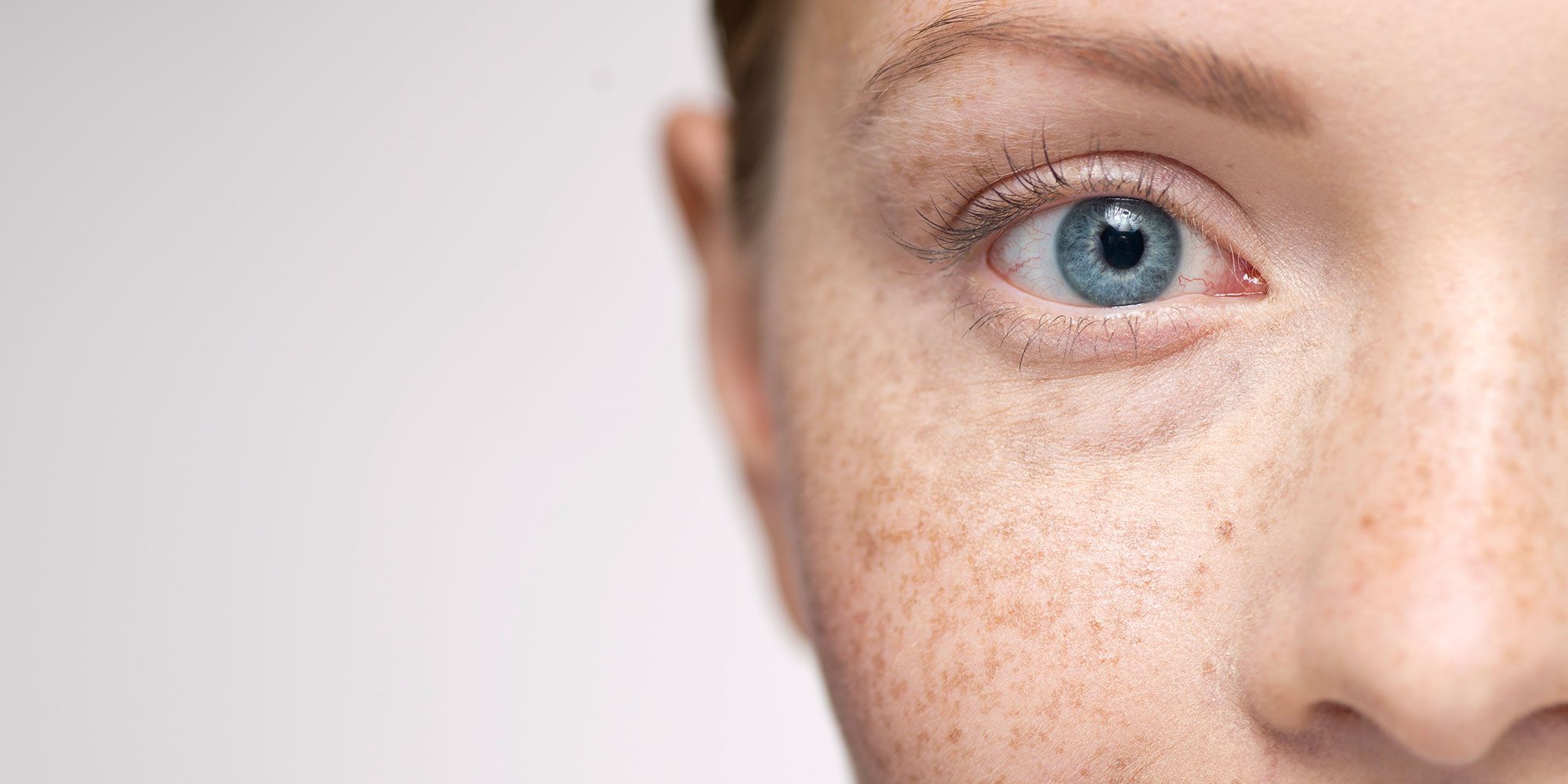
Image Source: Google
Hyperpigmentation is a common skin concern that can affect people of all ages and skin types. It is characterized by dark patches or spots on the skin, which can be caused by a variety of factors including sun exposure, hormonal changes, acne scars, and inflammation. Many people struggle with hyperpigmentation and may feel overwhelmed by the sheer number of products and treatments available on the market. In this article, we will demystify hyperpigmentation with insights and solutions from a skincare expert.
First and foremost, it is important to understand what causes hyperpigmentation in order to effectively treat it. Sun exposure is one of the primary culprits, as UV rays can stimulate the production of melanin, the pigment that gives our skin its color. Hormonal changes, such as those experienced during pregnancy or menopause, can also trigger an increase in melanin production, leading to hyperpigmentation. Additionally, inflammatory conditions like acne can leave behind dark marks on the skin, further contributing to uneven skin tone. If you want to know more about dermatologist hyperpigmentation then you can explore this website.
When it comes to treating hyperpigmentation, there are a variety of options available ranging from over-the-counter products to professional treatments. One common ingredient found in many skincare products aimed at treating hyperpigmentation is hydroquinone. This potent skin-lightening agent works by inhibiting the production of melanin, helping to fade dark spots over time. However, hydroquinone can be irritating to some individuals and may not be suitable for all skin types.
Another popular ingredient for treating hyperpigmentation is niacinamide, also known as vitamin B3. Niacinamide has been shown to inhibit melanin production, reduce inflammation, and improve the overall texture of the skin. It is a gentle yet effective ingredient that can be found in a variety of skincare products, making it a great option for those with sensitive skin.
It is also important to note that preventing further hyperpigmentation is crucial in maintaining a clear and even complexion. This includes wearing sunscreen daily to protect the skin from UV damage, as well as incorporating antioxidants into your skincare routine to help combat free radicals that can contribute to skin discoloration. Additionally, avoiding picking or squeezing at blemishes can help prevent the formation of dark marks on the skin.
/cdn.vox-cdn.com/uploads/chorus_image/image/51867435/Eli_Preferred_Headshot.0.jpeg)